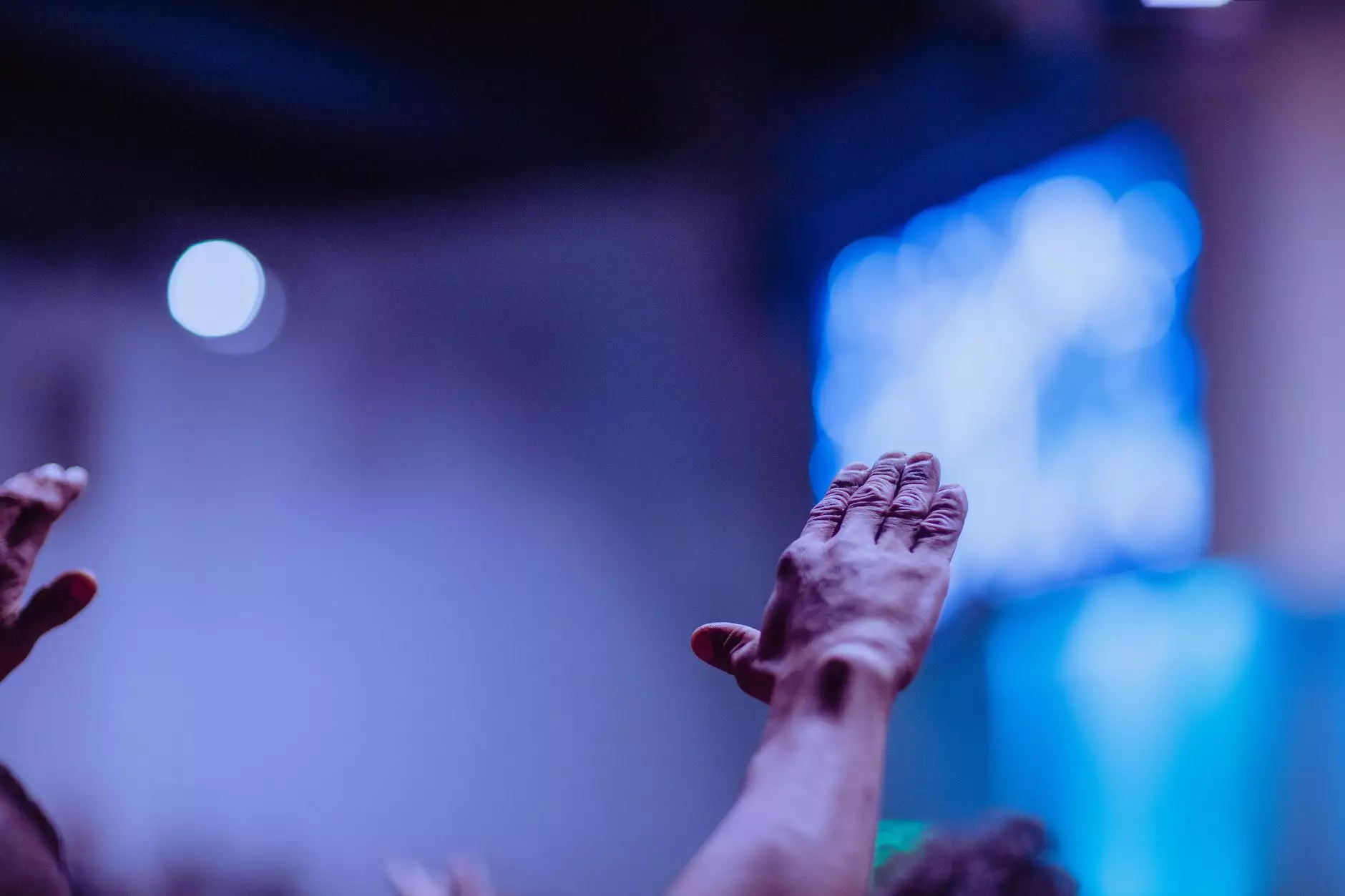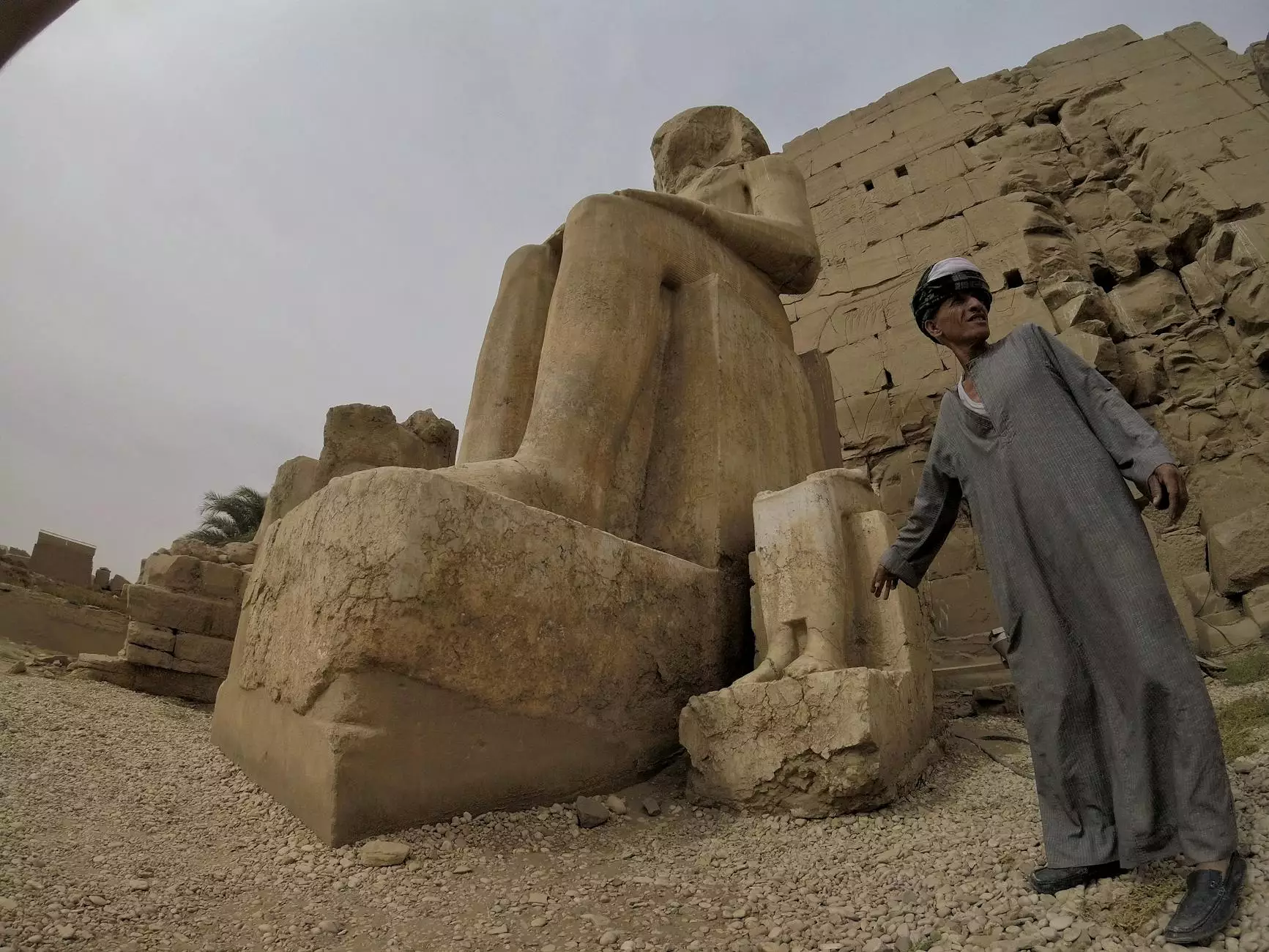The Cultural Significance of Going to a Black Church

Going to a black church is more than just attending a place of worship; it is an experience deeply infused with culture, community, and history. For many African Americans, these churches serve as vital platforms for social justice, community building, and spiritual well-being. In this article, we will delve into the multifaceted significance of black churches, their role in society, and the profound impact they have on individuals and communities alike.
The Historical Context of Black Churches
To understand the essence of going to a black church, it is essential to acknowledge its historical roots. Black churches emerged during a time of immense struggle for African Americans, particularly during the era of slavery. Enslaved people often found solace and community within their faith, and these churches became safe havens where they could express their spirituality free from the oppression of their oppressors.
After the Civil War, the importance of the black church evolved further as it became a cornerstone for social activism. Pioneering figures like Martin Luther King Jr. utilized the church as a unifying force for the civil rights movement, highlighting the church's role as not just a place of worship, but as a space for community organization and social justice advocacy.
The Role of Community in Black Churches
Today, going to a black church represents an enduring testimony to the resilience and strength of the black community. These churches act as community centers that provide essential services — from food banks to educational programs. The sense of belonging fostered within these congregations creates a support network, which serves as a lifeline for many.
Support and Community Services
Black churches often lead initiatives that address pressing social issues, including:
- Education: Many black churches offer tutoring and mentoring programs for youth to assist them academically and personally.
- Food Assistance: Churches frequently run food pantries and hot meal programs for those in need.
- Mental Health Resources: Recognizing the stigma surrounding mental health in many communities, some churches collaborate with professionals to provide counseling services.
- Financial Literacy Workshops: These workshops aim to educate congregants on managing finances, credit, and homeownership.
Spiritual Nourishment and Empowerment
The spiritual aspect of going to a black church cannot be overstated. These churches provide a rich environment for worship, infused with culture and history. The styles of worship often celebrate traditions that create an atmosphere filled with music, sermons, and communal participation that empower individuals.
Music: The Heartbeat of Worship
One of the most notable features of black churches is their emphasis on music. Gospel music, characterized by its powerful vocals and emotional resonance, plays a pivotal role in worship services. Choirs and congregational singing create an uplifting atmosphere that can move people spiritually. The call-and-response format engages the congregation, inviting participation and creating a united front in worship.
Inspirational Sermons
The sermons delivered in black churches are known for their emotional delivery and impactful messages. Pastors often pull from personal experiences and relatable anecdotes that resonate deeply with congregants. The messages often focus on perseverance, hope, and faith, encouraging members of the congregation to overcome their struggles.
Social Justice and Activism
The role of black churches in social justice continues to be pivotal. As many congregations address issues such as racial injustice, poverty, and discrimination, they also mobilize their members to take action. Activism rooted in spirituality can be seen in various initiatives, including:
- Voter Registration Drives: Churches often engage their communities to ensure that their voices are heard in local, state, and national elections.
- Peaceful Protests: Congregations frequently organize their members to participate in peaceful demonstrations advocating for justice and equality.
- Community Forums: Many black churches host discussions that bring attention to social issues and propose actionable solutions through collective effort.
The Global Impact of Black Churches
Not only are black churches significant within the United States, but their influence also ripples out to global communities. The values and teachings from these churches have inspired diasporic movements worldwide, affirming the connection between spirituality and global black identity. The global black church community fosters a sense of solidarity that transcends geographic boundaries.
Modern Challenges and Adaptations
In today's fast-paced world, black churches face modern challenges, from declining attendance to modernizing their approaches to worship and community engagement. However, many are embracing technology and social media to expand their reach and stay relevant. Innovations such as online services, social media engagement, and even podcasts are being utilized to connect with younger generations.
Embracing Technology
Many black churches have adapted by creating digital platforms that promote their missions and provide resources for their communities. Streaming worship services online, hosting virtual Bible studies, and creating mobile apps for engagement allow these churches to reach individuals who may not be able to attend in person.
Conclusion: The Enduring Significance of Going to a Black Church
In summary, going to a black church symbolizes more than mere attendance at a place of worship. It represents a deep-rooted connection to heritage, community, and activism. Black churches have evolved over time, continuing to serve as sanctuaries where spiritual nourishment, communal support, and social justice converge. Whether through rich traditions of worship or contemporary engagement, black churches remain indispensable institutions that uplift and empower individuals and communities.
As we continue to navigate today’s societal challenges, the lessons learned from black churches can inspire all communities to foster unity, resilience, and profound spiritual growth. If you are interested in experiencing the collective power of faith and community, consider visiting a black church where you can witness firsthand the vibrant heart of faith in action.
For more insights into community service and religious organizations, feel free to explore Bridge Church NYC, where you can discover various programs that enrich lives and empower communities.









